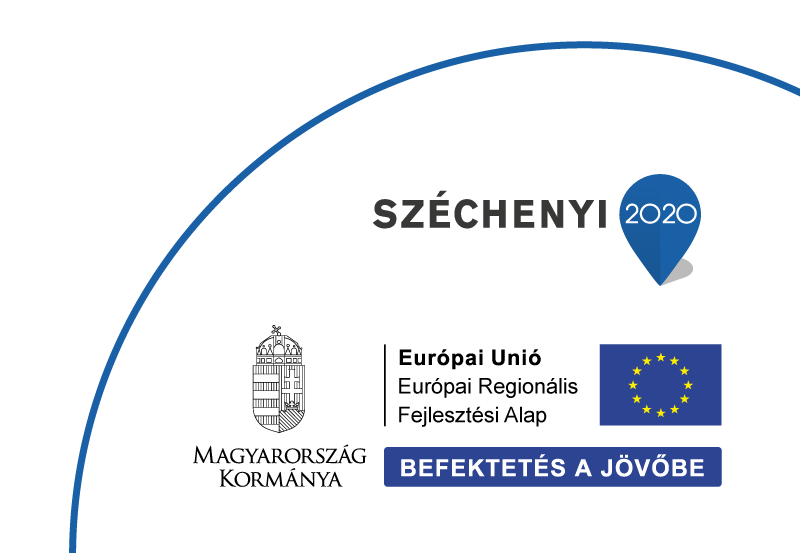The generally accepted theory of the strongly interacting quarks, quantum chromodynamics (QCD) is more than 40 years old, but some of the most important questions concerning stronly interacting systems are still not answered. Worldwide, several ongoing experiments produce heavy-ion collisions to study strongly interacting systems under extreme conditions, in particular high temperature and non-zero density. A better understanding of the high temperature and non-zero density behavior of these strongly interacting systems would be of fundamental importance for the interpretation of heavy-ion collision experiments. This research, funded by the Lendület program contributes to a better understanding of these strongly interacting systems and as a byproduct also to developing more efficient computer simulation algorithms. This is all the more important, as ab initio QCD calculations are among the computationally most demanding tasks nowadays.


